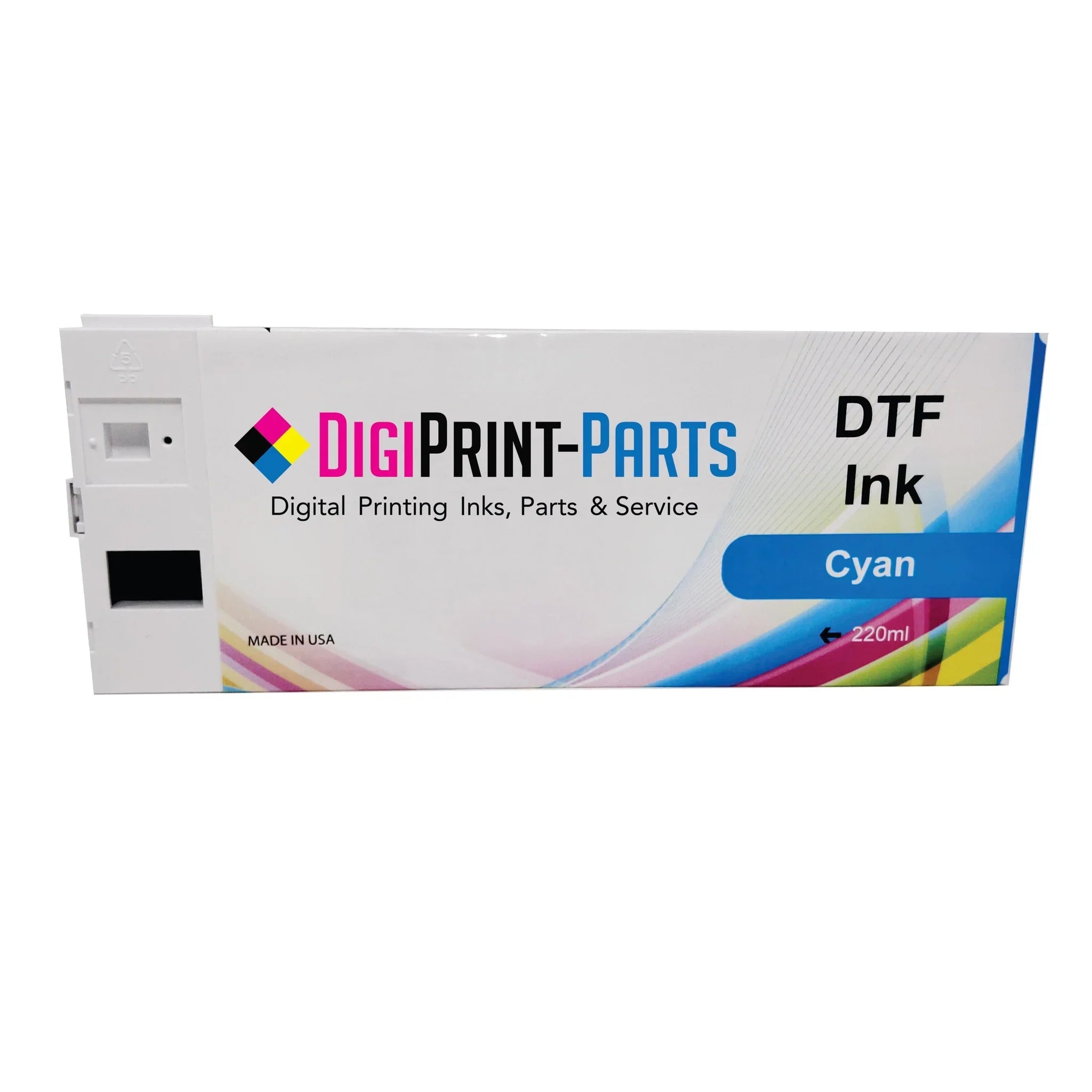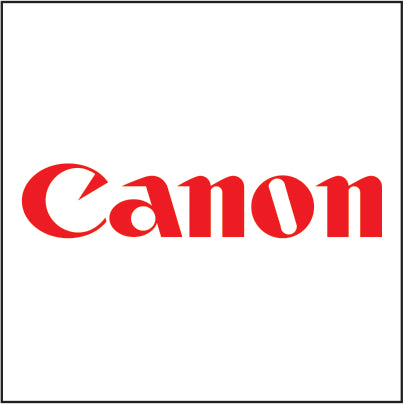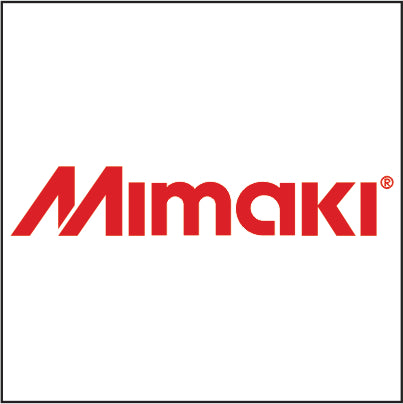Can You Use DTF Ink for Sublimation?

Understanding the Differences Between DTF and Sublimation Printing
Sublimation printing and DTF Inks (Direct to Film) are two popular methods for transferring high-quality images onto various surfaces. But can these processes be combined? More specifically, can you use DTF ink for sublimation? The answer is more complex than a simple yes or no.
If you're new to the printing world, it’s important to understand the key differences between these two methods. Let’s break it down step by step.
Are DTF and Sublimation Ink the Same?
At first glance, DTF Inks and sublimation inks may appear similar, but they function very differently.
-
Sublimation ink is designed to transform from a solid to a gas without passing through a liquid state. When heated, the ink embeds itself into polyester-based materials, resulting in a vibrant and durable print.
-
DTF ink, on the other hand, is a pigment-based ink that requires an adhesive powder and heat application to adhere to fabrics and other materials.
So, can you use DTF ink for sublimation? Not exactly. The chemical properties of DTF Inks make them incompatible with traditional sublimation processes.
Key Takeaways:
-
Sublimation ink bonds with polyester fibers.
-
DTF ink sits on top of the material with adhesive powder.
-
Mixing the two processes does not yield reliable results.
Can I Use DTF Powder on Sublimation Ink?
One common misconception is that DTF powder can be used to make sublimation prints work on cotton fabrics. Unfortunately, this is not an effective method. Sublimation ink needs to chemically bond with polyester surfaces, while DTF powder requires a completely different adhesion process.

If you are trying to print on cotton or dark-colored fabrics, DTF technology will be a better choice than sublimation. Alternatively, you can use special sublimation coatings to make non-polyester materials compatible.
Can I Use DTF on Sublimation Blanks?
Sublimation blanks are specially coated to absorb sublimation ink during the heat press process. But what happens if you try to use DTF Inks on them?
Here’s what you should know:
-
DTF printing works on a variety of fabrics, including cotton and polyester.
-
Sublimation blanks are optimized for dye sublimation inks only.
-
Applying DTF ink to sublimation blanks will likely result in adhesion issues.
If your goal is to expand the materials you can print on, investing in Mimaki DTF 440ml Ink Cartridges or other high-quality DTF Inks is a better option than trying to modify sublimation blanks.
Can I Put DTF Ink in My Epson Printer?
Many people wonder if they can load DTF Inks into an Epson sublimation printer. While it is technically possible, it is highly discouraged for several reasons:
-
DTF and sublimation inks have different viscosities and compositions. Mixing or switching between them can clog the printhead.
-
Epson sublimation printers are designed for dye sublimation ink only.
-
Using DTF ink in a sublimation printer may void warranties or cause irreversible damage.
For best results, use a printer that is specifically designed for DTF Inks, such as the Mimaki DTF 440ml Ink Cartridges system.
Alternatives to Using DTF Ink for Sublimation
If you want to print on a variety of materials, here are some alternative solutions:
-
Use a DTF printer: This allows you to print on a wider range of materials without needing polyester.
-
Invest in sublimation-compatible coatings: Some sprays or coatings can make non-polyester fabrics sublimation-ready.
-
Hybrid printing solutions: Some businesses use both sublimation and DTF to maximize their product range.
For an in-depth guide to setting up your DTF printing process, check out Step-by-Step: How to Get Started with DTF Printing for Your Business.
Final Verdict: Can You Use DTF Ink for Sublimation?
Ultimately, can you use DTF ink for sublimation? The short answer is no. While both methods are effective for transferring images onto various materials, their chemical compositions and application processes are entirely different. If you’re looking for a way to print on cotton, dark fabrics, or other non-polyester surfaces, DTF Inks are a great option—but they are not interchangeable with sublimation inks.
For best results, stick to the right ink for the right process. Whether you're using Mimaki DTF Ink Cartridges or traditional sublimation ink, following proper procedures will ensure high-quality, long-lasting prints.







